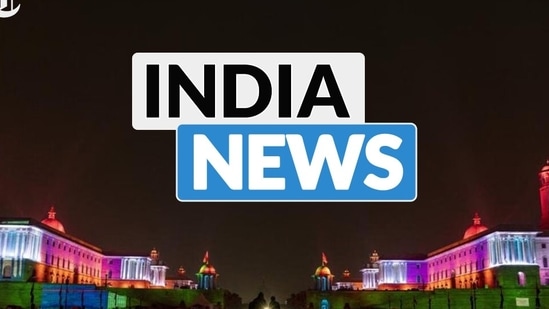Background of the Udaipur Files Controversy
The Union government has granted conditional clearance for the release of Udaipur Files, a film that has sparked significant debate. The movie is based on the 2022 murder of tailor Kanhaiya Lal in Rajasthan, where he was killed by two men after expressing support for BJP leader Nupur Sharma’s controversial remarks about Prophet Muhammad. The case has drawn widespread attention and remains under investigation by a special NIA court in Jaipur.
The controversy surrounding the film has led to concerns that it could incite communal disharmony and potentially vilify the Muslim community. In response to these concerns, the government has mandated six additional modifications before allowing the film’s release.
Support kami, ada hadiah spesial untuk anda.
Klik di sini: https://indonesiacrowd.com/support-bonus/
Legal Proceedings and Court Decisions
The matter has been brought before the Supreme Court, where a bench comprising Justices Surya Kant and Joymalya Bagchi has continued the stay on the film’s release. The next hearing is scheduled for July 24, giving the petitioners an opportunity to respond.
During the hearing, the court emphasized that the Centre’s decision would be binding unless successfully challenged. Senior advocate Gaurav Bhatia, representing the producers, was informed that any challenge to the government’s order must be made through legal proceedings.
Senior advocates Kapil Sibal and Menaka Guruswamy, representing Jamiat Ulema-i-Hind chief Maulana Arshad Madani and one of the accused in the Kanhaiya Lal murder case, opposed the release of the film. They argued that the film could prejudice the ongoing trial and harm the Muslim community.
Support us — there's a special gift for you.
Click here: https://indonesiacrowd.com/support-bonus/
Solicitor General Tushar Mehta highlighted that the government had taken a decision on the revision petitions but cautioned against taking further steps that might infringe upon certain rights.
Modifications Recommended by the High-Level Panel
Following the Supreme Court’s directive, the Ministry of Information and Broadcasting formed a high-level panel on July 14 to re-examine the certification of Udaipur Files. The panel reviewed the content of the film and recommended six additional changes beyond the 55 cuts already requested by the Central Board of Film Certification (CBFC).
Key recommendations include:
- Replacing the existing disclaimer with a newly worded version accompanied by a voice-over.
- Removing frames in the credits that thank specific individuals.
- Modifying a scene resembling a “Saudi Arabia-style” execution created using AI.
- Replacing all references to a character named “Nutan Sharma” with a different name, including on promotional material.
- Deleting some dialogues related to communal stereotyping.
CBFC’s Original Stance
The CBFC had previously defended its original certification, stating that the film is a fictionalized narrative inspired by real events and does not portray real individuals or communities. The board mentioned that all 55 mandated cuts were implemented, including the removal of provocative visuals and disclaimers. It also stated that references to specific places like “Rajasthan” were changed to more generic terms like “Rajya.” Additionally, a controversial trailer was pulled down on July 2 after receiving a show-cause notice.
Legal Challenges and Petitioners’ Arguments
The case reached the apex court after the Delhi High Court stayed the film’s release on July 10 while allowing Madani to move the Union government for revocation of its CBFC certificate. The high court directed that the stay would continue until the Centre decided on the interim relief sought.
The producers, Jani Firefox Media Limited, challenged the stay, arguing that the high court’s order lacked substantive reasoning and was based solely on a private screening of the film. They also objected to the high court allowing Madani to seek permanent revocation of certification when his petition had not even made such a request.
Gaurav Bhatia, appearing for the producers, maintained that the film does not vilify any community and was cleared by the CBFC only after incorporating 55 edits, including deletion of references to the Gyanvapi mosque and former BJP spokesperson Nupur Sharma.
However, the petitioners argued otherwise. Guruswamy, representing one of the accused in the Kanhaiya Lal murder case, contended that the film could prejudice her client’s ongoing trial. Kapil Sibal, representing Madani, claimed that the film amounted to an assault on the Muslim community.
Conclusion
The legal battle over Udaipur Files highlights the complex interplay between freedom of expression and the responsibility to avoid inciting communal tensions. As the case moves forward, the final outcome will likely set a precedent for how films based on real events are handled in India.







